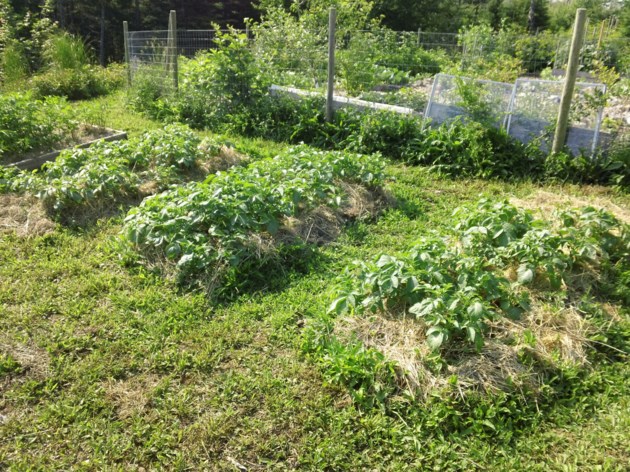Classic Reprints and Old-Time Wisdom
Note: This site is a combination book catalog and blog. To go straight to the books, use the categories at the top of the links in this post. For the blog, keep scrolling.
Most of the best books ever written are out of print and forgotten. A few old books are considered classics and stay in print, but many equally good books vanish without a trace. At Norton Creek Press, we are bringing a relative handful of the very best books back into print. We read mountains of old books so you don’t have to.
Norton Creek Press is a family business run by Karen L. Black and Robert Plamondon (both writer/farmer/editor/engineers). We started out with a line of poultry books because, when we moved to our Oregon farm, we discovered that the more recent poultry books were not in tune with the needs of small farmers, while older books were. We read several hundred poultry publications, eventually choosing three to bring back into print (and writing a fourth). We’re branching out in directions that match our interests and experience, starting with back-to-the-land books. And there’s more to come!
Chickens and Poultrykeeping
Our line of classic poultry books cover many aspects of poultrykeeping.… Read more ...


 Because the players in my dungeon were using so much oil and frying monsters so consistently, I decided to investigate the use of oil in AD&D.…
Because the players in my dungeon were using so much oil and frying monsters so consistently, I decided to investigate the use of oil in AD&D.… 

 The Rod of Singing is a magical item usable by both Clerics and Magic-Users, although neither class will appreciate its charms.
The Rod of Singing is a magical item usable by both Clerics and Magic-Users, although neither class will appreciate its charms.




 Don’t have your copy of Gardening Without Work yet? I’m the publisher! See my
Don’t have your copy of Gardening Without Work yet? I’m the publisher! See my 
